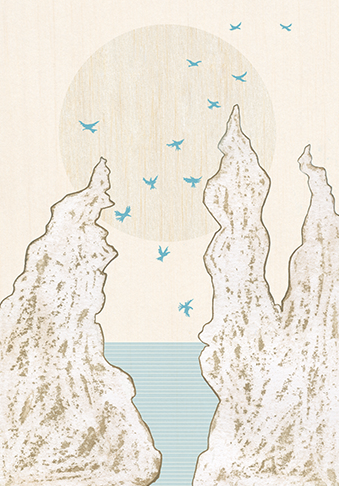Creating meaningful space: Yoga practice transforming bodily habits of 'being-in-the-world'
Keywords:
Yoga, Argentina, Globalization, Consumption (Economics), Self-culture, Body, Human, AnthropologyAbstract
Buenos Aires, the city of tango, good meat, and. . . yoga? As in many modern big cities, yoga has become extremely popular during the last decades. It is everywhere; in gyms, book stores, yoga centers, multinational companies, even churches. We have hatha, swasthya, and ashtanga yoga, hot yoga, naked yoga, yoga for pregnant women, and for Catholics; the list is endless. For Dutch anthropologist Peter van der Veer (2007), modern yoga is a product of global modernization, originated in the dialogue between the Indian national movement and the western political, economic, and cultural influences. Yoga has become an item in the wide catalogue of alternative therapies, seen as a physical exercise promoting bodily and mental health, a way of life, which does not conflict with western science. For van der Veer this ‘therapeutic world view’ is part of global capitalism. (Van der Veer 2007: 317.)
Section
Articles
Published
2012-12-05
How to Cite
Ylönen, H.-L. (2012). Creating meaningful space: Yoga practice transforming bodily habits of ’being-in-the-world’. Approaching Religion, 2(2), 38–42. https://doi.org/10.30664/ar.67502
Copyright (c) 2012 Hanna-Leena Ylönen

This work is licensed under a Creative Commons Attribution-NonCommercial-NoDerivatives 4.0 International License.









